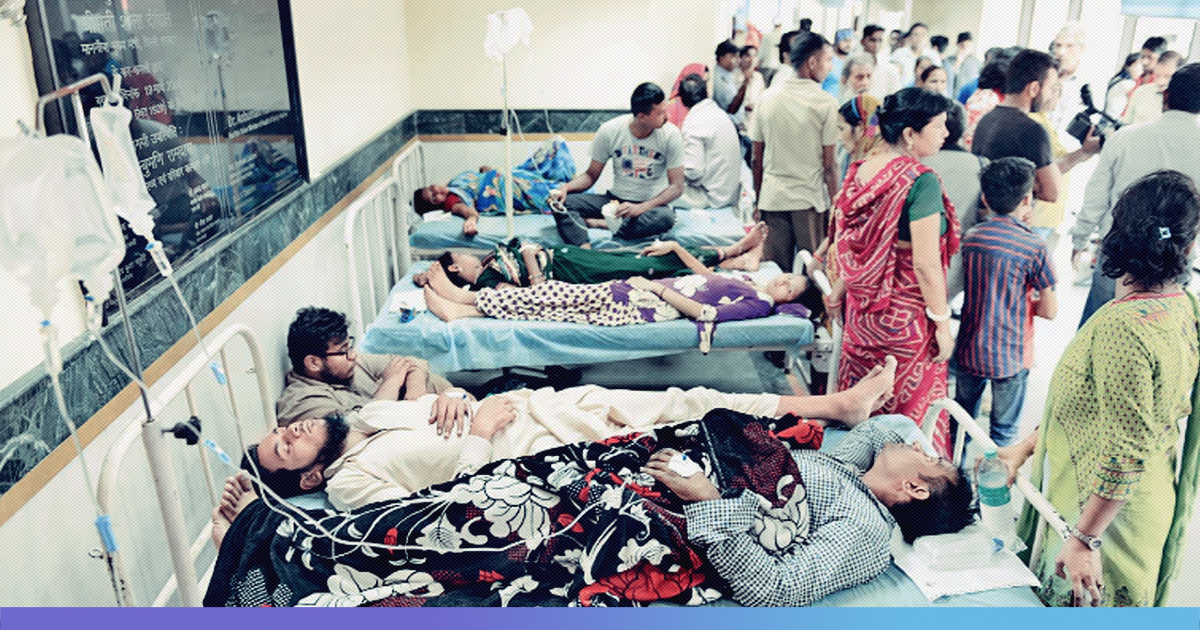Hospitals in the national capital have witnessed a 30% increase in patients due to poor air quality in Delhi. An increasing number of patients in hospitals are suffering from a sore throat, watery eyes, choking, asthma and chronic obstructive pulmonary diseases.
The doctors claim that the most affected have been the elderly.
“At present, the rush is limited mainly to OPDs. But if the air quality remains poor for a longer period, I fear indoor admissions may also go up,” Dr S K Chhabra, head of pulmonary medicine at Primus Super Speciality School told The Times Of India.
The breathing rate for children is more than that of adults, which points at a greater volume of air intake for children, making them more vulnerable to diseases.
“We are getting many young patients with cold, cough, sore throat and loss of appetite. Parents are worried about how would they send them to school if the air quality remains like this,” Dr Anupam Sibal, a paediatrician at Indraprastha Apollo hospital said.
He added that parents should limit outdoor activities for children, especially those with pre-existing respiratory health issues. “If children go out, they must be asked to wear masks,” Dr Sibal said.
Niharika Verma, a resident of Mayur Vihar, Phase 1, said that her 10-year-old daughter has been put on a high dosage of inhalers because her asthma symptoms exacerbated on Sunday.
“With every passing year, the air quality in Delhi is getting worse. I do not know how will we raise our children in such a city,” she said.
Dr Rommel Tickoo, senior consultant, internal medicine, suggested that morning walks should be strictly avoided until the air quality improves. Schools should also avoid any outdoor assemblies or activities in the early morning hours.
“We are getting many heart patients suffering from chest infections and respiratory symptoms over the past few days. Most of them are elderly people who haven’t ventured out since the air quality worsened,” Dr Ashok Seth, Chairman of Fortis Escorts Heart Institute said.
“The particulate matter can enter the vascular system and act as a trigger for stroke in persons who are already at the risk of disease. Research shows that long term exposure to pollutants such as the fine particulate matters leads to damage of the inner linings of brain cells leading to stroke,” Dr Kameshwar Prasad, Professor at the Department of Neurology at AIIMS said.
Also Read: Stubble Burning In Neighboring States Leaves Delhi Gasping For Air, Wake Up Call For State Govts?











